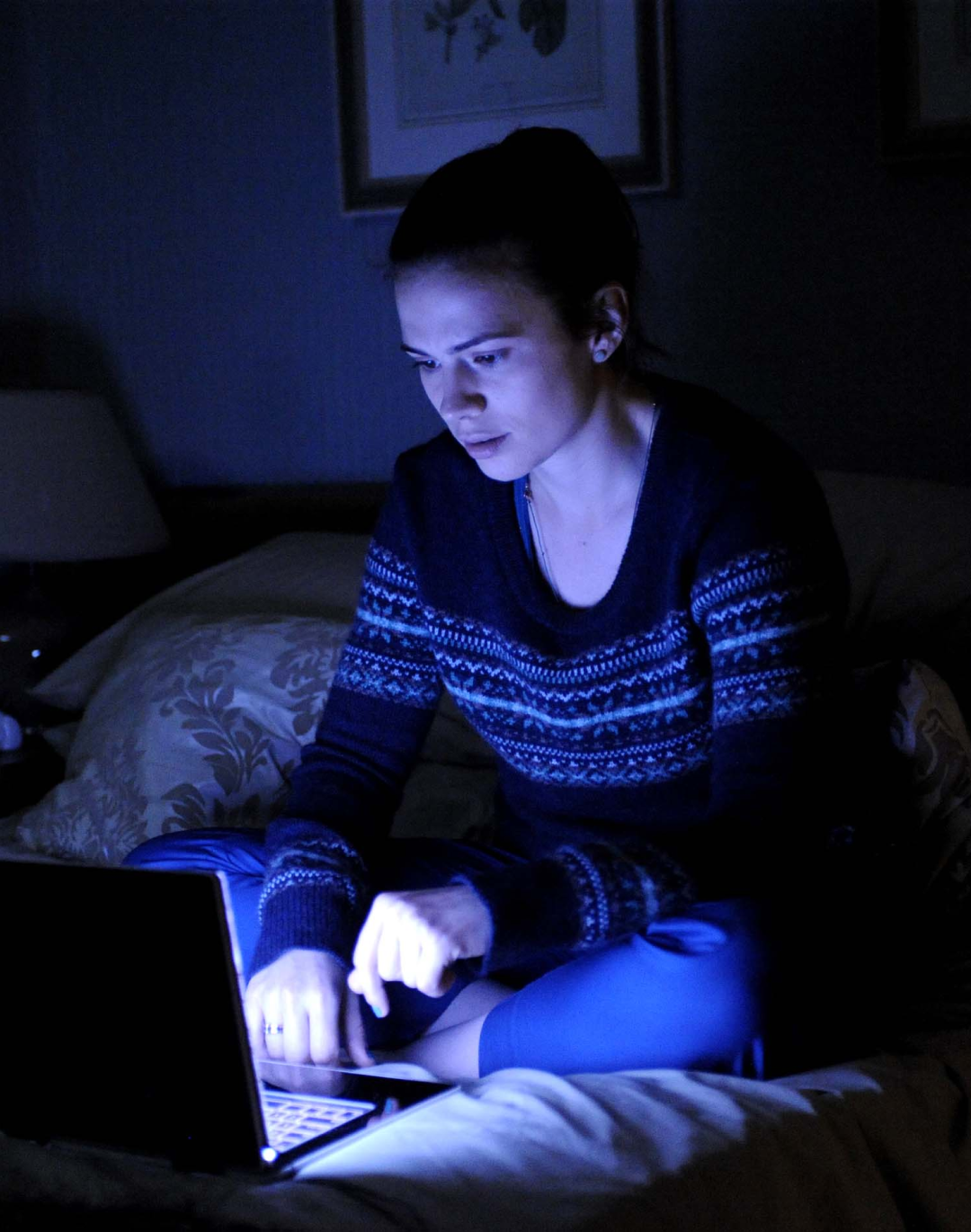
Will smartphones be able to tell if we are depressed? Here, too, AI could make a difference
The diagnosis of mental disorders via smartphones is a rapidly expanding field with high expectations, especially in a time marked by an increase in mental illness cases and the urgency to find solutions. The ongoing debate offers various insights into considering smartphones not only as a potential cause of these problems but also as part of the solution. For a long time, there has been a scientific discussion aimed at defining a link between smartphone use and the rise in mental health issues among young people. Although this is a complex phenomenon influenced by numerous variables that are difficult to isolate, more and more scholars believe that smartphones have played a crucial role in making adolescents more psychologically vulnerable. Many experts even argue that denying the relationship between mobile devices and mental health could further hinder efforts to promote a more mindful relationship with these tools.
@connectwithgrowth Most people are prisoners of their phones: that’s why they’re called ‘’cell’’ phones. Speaker: Simon Sinek #phoneaddiction #socialmedia #relationships origineel geluid - GROWTH
Several research groups and clinical companies are also studying the possibility of using smartphones themselves to detect early signs of mental illness, facilitating both diagnosis and prevention. This field, which has very high expectations, received over $10 billion in funding worldwide between 2020 and 2022. Specifically, there is much excitement about developing artificial intelligence systems capable – theoretically – of diagnosing depression through dedicated apps by analyzing large amounts of data related to the patient's health and behavior. In the future, smartphones, along with wearable devices like smartwatches, could become – thanks to their widespread use – an important diagnostic tool, especially for people living in areas where the quantity and quality of mental health services are insufficient.
How Smartphones Could Diagnose Mental Disorders
Apple employees use a mental health app called Sanvello #apple #appleinternal #sanvello pic.twitter.com/hicQfcNSVk
— Majin Bu (@MajinBuOfficial) June 30, 2020
More generally, in the future, smartphones could make a difference in capturing data and information that even doctors would hardly access. The symptoms of depression, in fact, change very quickly and are not always noticed and reported by patients. Along with a doctor's anamnesis, certain data – such as sleep hours – recorded through smartphones (and therefore not filtered by the individual) could instead provide a more complete picture of an individual's mental health. One of the research objectives in this field is precisely to extend and diversify data collection through mobile devices, training artificial intelligence systems to recognize – in that same information – signs of a mental disorder. This approach is not entirely new: for some time now, some social networks, including Facebook, have been collecting and analyzing large amounts of data to alert healthcare providers to potential self-harming behaviors among users.
Today, there are also numerous mental health apps available for download, including some very popular and appreciated ones like Bearable, which, however, are limited to recording the evolution of symptoms over time. These are therefore more like digital diaries, allowing users to track their diet in relation to the disorder they suffer from, showing how lifestyle affects the symptoms of a certain mental illness. In the coming years, the goal is instead to develop apps capable not only of recording the symptoms of a certain mental disorder but also of predicting its onset with relative accuracy. In this field, however, optimism about the progress of artificial intelligence systems is counterbalanced by concerns about the risks of violating users' privacy. The same applies to the improper use of this data by private companies, which could handle it with less care than specialists do. According to several experts, the adoption of such systems in the clinical field will only be possible if the technology supports the anamnesis, without replacing the interpersonal relationships between doctor and patient.














































